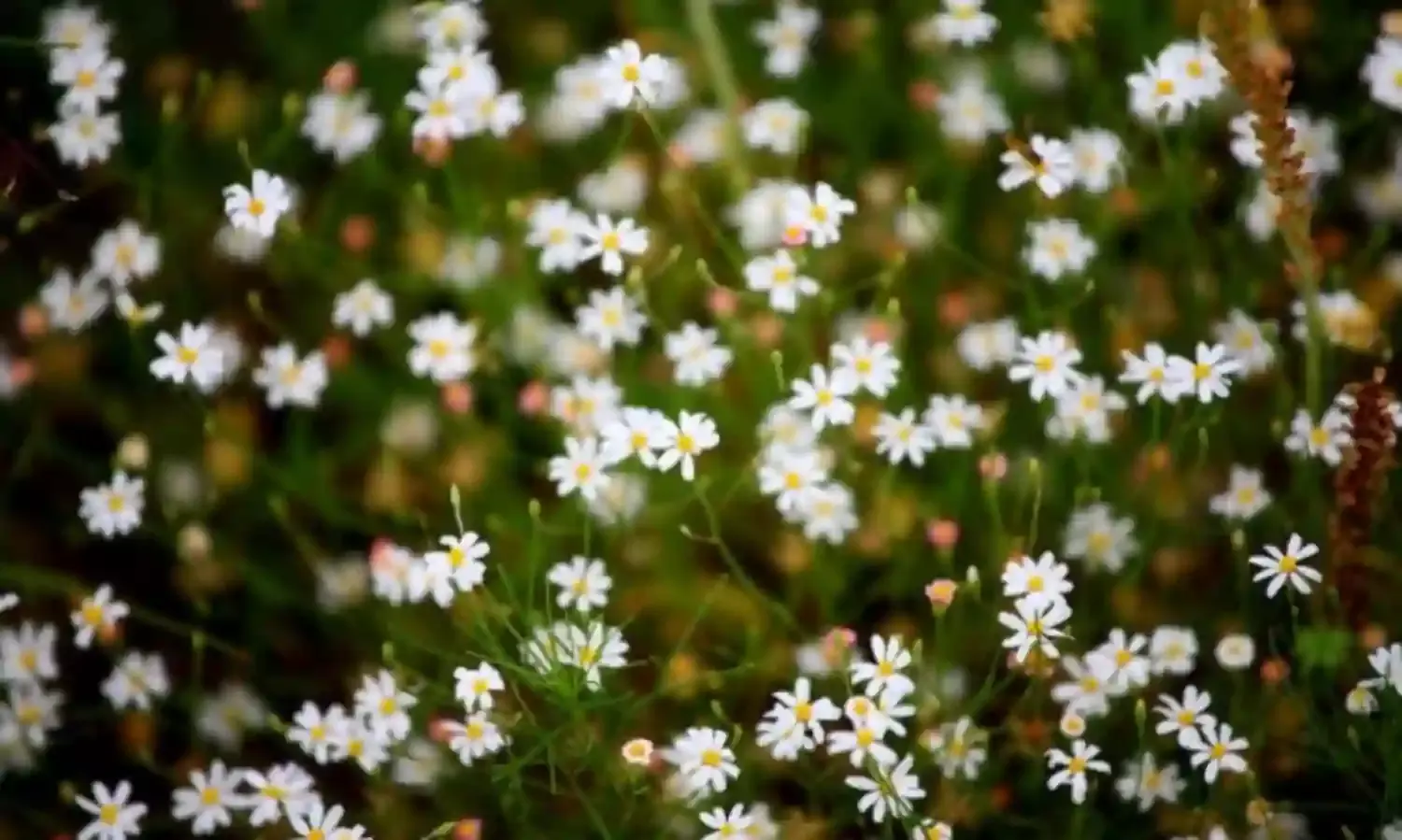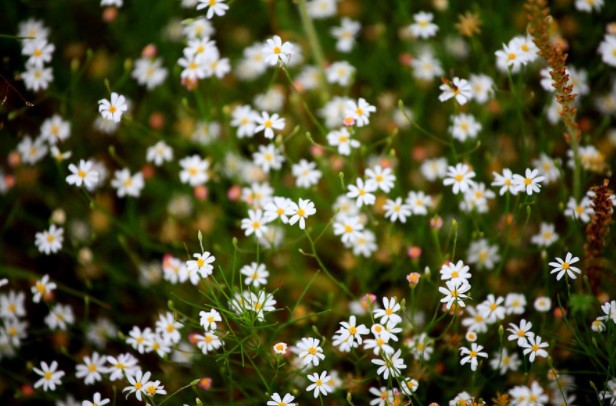Protecting Wild Pollinators
Concern should extend to all pollinators including butterflies

According to recent reports from Himachal Pradesh highlighted in local media, the health and productivity of several orchards has increased after giving up indiscriminate spraying of some toxic pesticides. Earlier due to these sprays useful insects were also being killed. These included creatures like wild bees which play a very important part in pollination of orchards.
As wild bees in their natural lives had vanished from several orchard areas, orchard owners were buying or hiring bee boxes even from distant areas so as to facilitate the pollination process. But this by itself was not adequate, and so some of them decided to stop spraying certain toxic pesticides. After a while the wild bees started returning to their orchards and with this the health and productivity of their crop has improved while their expenses have come down.
This should serve as an important lesson for protecting the environment and promoting ecologically healthy agriculture and horticulture all over the country and even more so in hilly areas. Much more attention should be given to the protection of honeybees as well as wild bees and in fact all pollinators including butterflies and birds.
A sharp reduction in the number of honeybees and their colonies has been reported in many countries of world including India. This is very worrying as honeybees are vital for our crops and plants, our food system and Earth systems of biodiversity. The diversity of bee species is known to be related to the diversity of plant species in a forest and they exist in mutually protective relationships.
The decline of honeybees has also caused concern among many health conscious persons that there will be a decline in the availability of honey, a very healthy food. They point out that the only reason there is still plenty of bottled and packaged honey available in the market despite the big decline in honeybee numbers in the wild is that a lot of artificial products are being added to honey, so that the product may be available in plenty but its health benefits are not the same.
Certainly these health and nutrition concerns are justified but the much bigger threat is to our entire food system and to the biodiversity we are part of. It is extremely important to protect bees by reducing the impact of those factors that have been harmful for them.
Two aspects of highly distorted farming practices which have been very harmful for honeybees are the introduction of genetically modified crops, and the increasing use of chemical pesticides, insecticides and herbicides. At times these two factors are related, as the introduction of some GM crops is accompanied by the use of some very harmful herbicides like glyphosate.
There has been a huge debate recently on the health harms of glyphosate, and those who have suffered have claimed and obtained huge damages in some countries due to its alleged poisonous impact causing serious disease. If these are so harmful to human beings one can imagine the great harm they cause to honeybees and other beneficial pollinating insects like butterflies.
Excessive exposure to non-ionizing radiation has also been identified as being harmful to bees. This is a factor that deserves increasing attention in view of recent trends.
Another very adverse factor relates to the introduction of exotic bees which often has a very harmful impact on local honeybee species. There have been cases of diseases spreading in local species whose individuals perish in large numbers. At the same time the exotic species may not be able to perform their expected role in new settings and a different climate. The result is that there is very little pollination and very little honey-making happening. In fact whole colonies of exotic honeybees sometimes collapse in a big way.
It is important to learn from past mistakes and to take all protective measures to save honeybees. It is equally important to protect all other pollinators as well. Butterflies are being harmed in much the same way as bees, and in addition also by the cruel practices of collecting and netting of beautiful butterflies for commercial gain including trade and export across vast distances. Such cruel practices should immediately be curbed.
According to a study in 2005, the world trade in butterflies was valued at about 100 million dollars. Butterflies, their scales and body parts have been used in several decorative products, often in ways which involve a lot of cruelty. It is due to this reason that butterflies have been smuggled in huge numbers. Many species of butterflies are now extinct due to such terrible exploitation.
Clearly a time has come for humanity to be much more sensitive, caring and active regarding the protection of bees, butterflies and in fact all pollinators.




